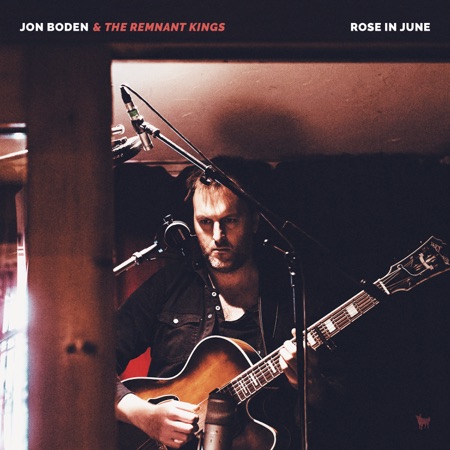True to his word Jon reminds us, “As I said, The Gaol Song reminded me of this one, learnt on FSC I think.”
A bit more radical this one, written by Dominic Behan for his brother Brendan and included in the latter’s play The Quare Fellow, it subsequently took on a life of its own. Although it’s not explicit in the song, which seems more mundane in its regrets, the play is set the day before the execution of an inmate for a crime that is never specified. Perhaps it’s not surprising that the song later became identified with the Irish rebel cause. Mind you I think the play actually has wider issues in its sights, but then I’m no expert of Behan either. What I do know is that Brendan spent time in Mountjoy prison and was active in the IRA. His stretch at HM’s pleasure was probably responsible for setting him on the path of writing as a career, as his first play, The Landlady, was written while in Mountjoy. On release he dedicated himself to writing but never renounced the Republican cause. Both literature and politics, however, were somewhat subsumed by his drinking. Start with Wiki on the song here and the play here, then you can delve into the lives of the various Behans at your leisure should you so wish.





